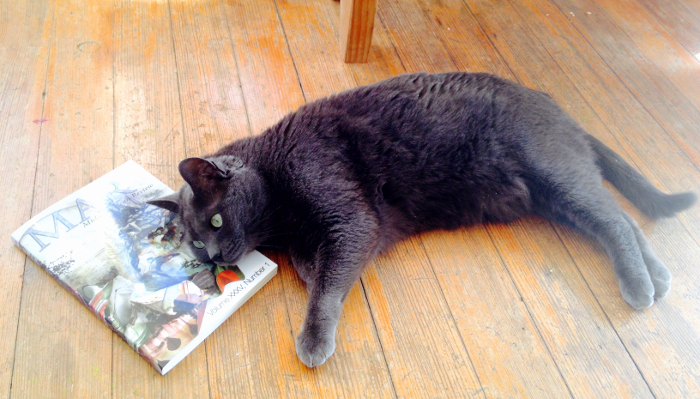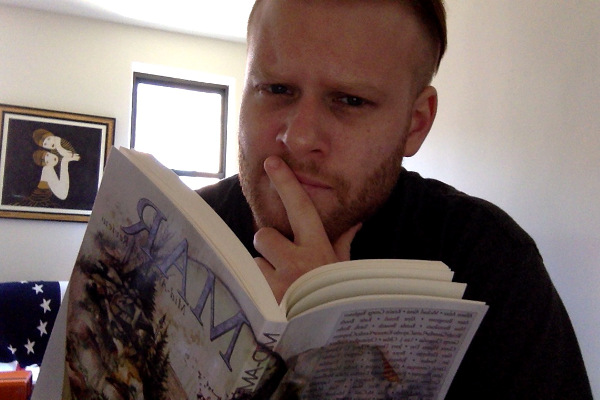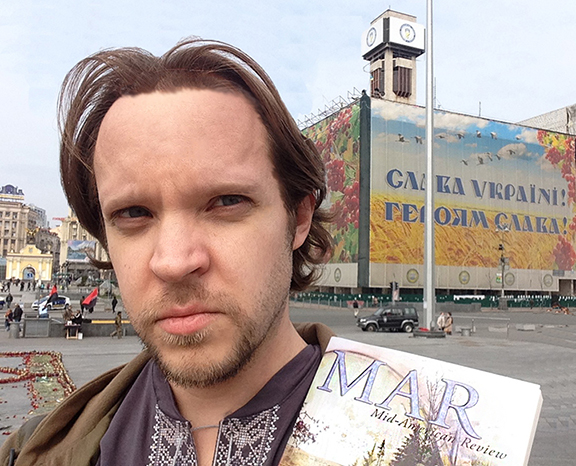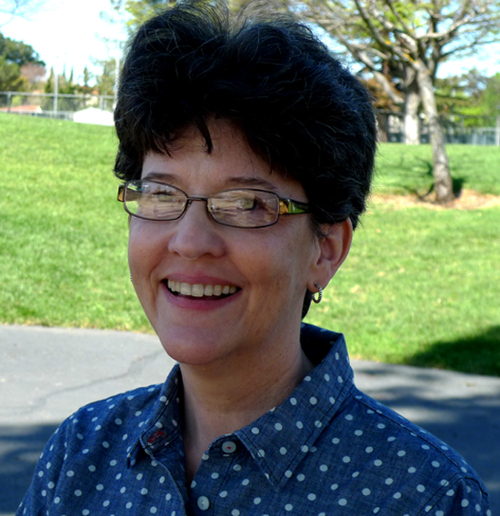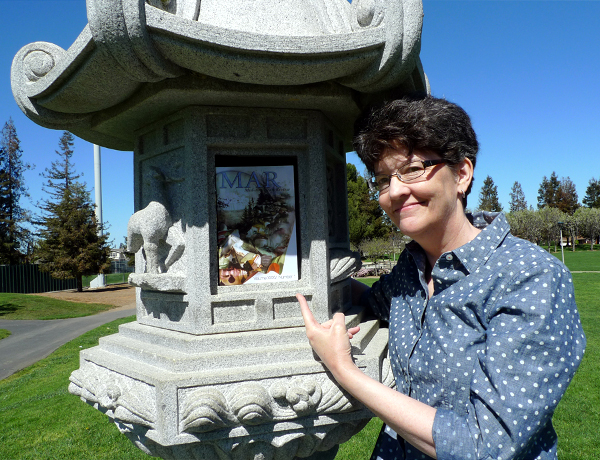
Claire Guyton is a Maine writer, editor, and writing coach, whose work has appeared or is forthcoming in Crazyhorse, Hunger Mountain, The Journal for the Compressed Creative Arts, River Styx, Sliver of Stone Magazine, and the anthology Summer Stories (Shanti Arts Publishing, 2013). Claire has been awarded the Maine Arts Commission’s Literary Fellowship and earned her MFA from Vermont College of Fine Arts. She wrote a short story every day for a year and blogged about the experience at dailyshorty.com.
Claire’s piece of flash fiction, “Three Things,” was a finalist in the 2014 Fineline Competition and appears in MAR 35.1. (This year’s Fineline deadline is June 15!)
Quick! Summarize your piece in 10 words or fewer. Extra points if your answer rhymes.
Man loses wife, gains life.
What can you share about this piece prior to its MAR publication?
I wrote this piece as part of my project of writing a short story every day for a year. This story completed my 46th week, and I was surprised to have written something I liked a lot so late in the year because by then I was so mentally tired. I changed almost nothing, later, when I polished it before sending it out. It’s just one of those lucky pieces that comes to mind and then to the page almost whole.
What was your reaction upon receiving your MAR acceptance?
I laughed out loud, then kissed the husband, then fired off an e-mail to a couple of really good writer friends. I have admired MAR since my first days of serious writing, and I couldn’t have asked for a better home for this little fiction.
You’re at a family reunion and some long-lost relative asks about your writing. What do you say?
Nothing. I point to my full mouth, shrug, smile, chew with exaggerated labor, point again, shrug again, smile again, chew. What if I’m not eating, you ask? Of course I’m eating. The only way to get through a family reunion is by carrying at all times an overspilling plate of my aunt’s baked beans and my cousin’s brownies. Plus potato chips. You can always fill a gap in a paper plate (and your mouth) with potato chips.
What do you consider your biggest writing-related success?
I wrote a short story every single day for a year. And blogged about it. It was very, very, very hard. But it was writing bliss.
Your biggest writing-related regret?
Hands down that I didn’t start writing much earlier. How I wish I could have a do-over.
Your biggest non-writing-related regret?
That I didn’t get good therapy while my brain was sleek and flexible and more willing to listen. I can see that I really needed good therapy then and would benefit from it now, but my brain is too stiff in the knees, too attached to streaming Netflix. Tired of all the chatter.
Tell us one strange thing about yourself that does not involve writing.
For many years when I was a kid, an adolescent, a teen, a young adult… not sure when it stopped, actually… every time I got into a car with someone else or into my own car, I wondered if the car would blow up when the key turned in the ignition. I hoped it wouldn’t, of course. And I’ve been lucky so far.
Tell us one strange thing about yourself that does involve writing.
I almost never use a semicolon because I find the mark unattractive. It’s such a shame, because the work a semicolon does is so quietly lovely—its whole sentence-aura is understated elegance, inviting thoughtful, well-constructed sentences. Yet that blotty speck over the comma… ugh. I just can’t.
Do you have another favorite piece of writing in this MAR issue? If so, name it and tell us why.
This sounds so fake, but it’s true—I love it all and couldn’t believe I was allowed in such good company. If I have to choose, then I crown those you’ve already crowned, the winners of the short-short contest I entered.
Thanks for the interview, Claire!
Laura Maylene Walter, Fiction Editor

